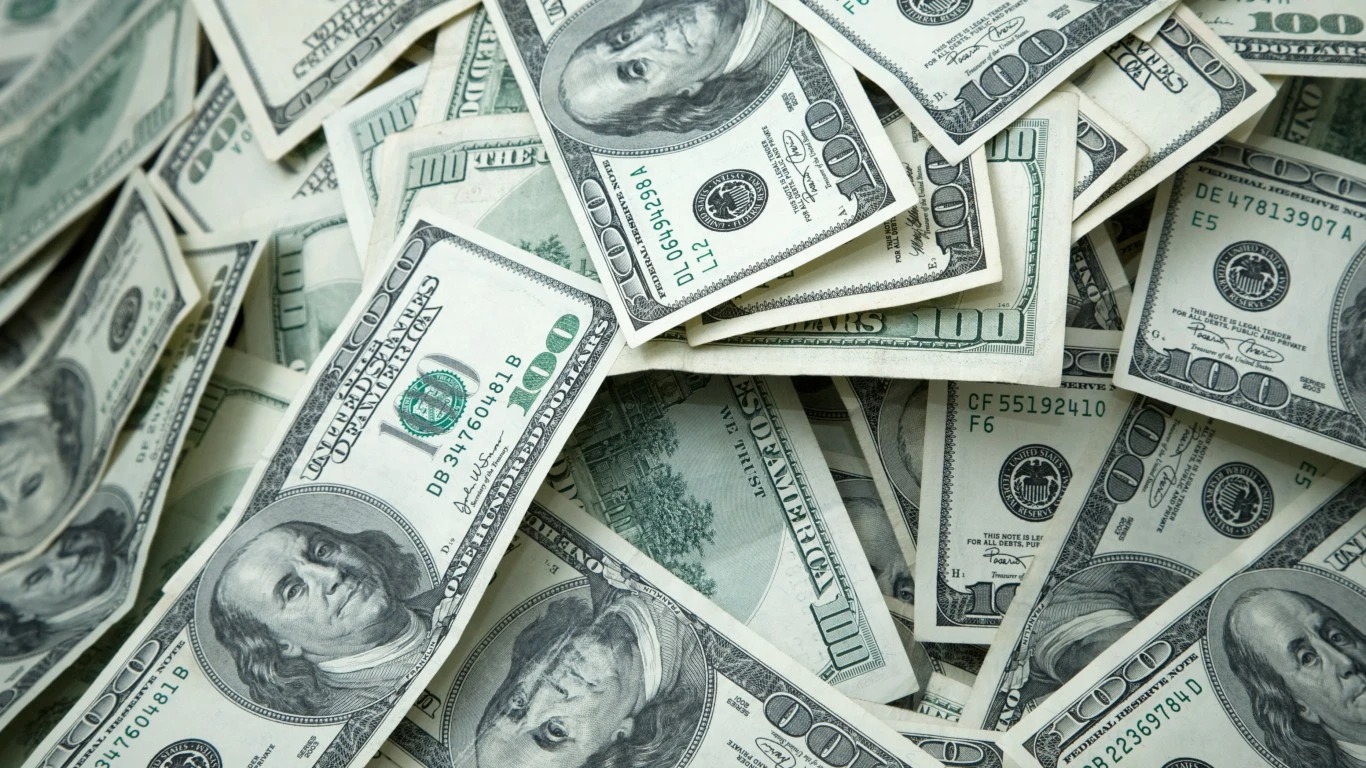
Two of North America’s largest proxy advisory firms, Institutional Shareholder Services Inc. (ISS) and Glass Lewis, late last week recommended that Restaurant Brands International (US:QSR) shareholders vote against executive chairman Patrick Doyle’s $116.7 million compensation plan.
The company recruited Doyle in November 2022 to work the same magic he did in the eight-plus years he ran Domino’s Pizza (US:DPZ). Doyle’s turnaround of Domino’s was one of the most successful ever orchestrated in the restaurant industry.
As RBI’s profile page states, “Mr. Doyle was appointed Executive Chairman of RBI in November 2022 to accelerate growth for franchisees and shareholders.” The shareholders are up 10% in the last six months; investors holding McDonald’s (US:MCD) shares are up 6.6%.
While the cost to bring in someone of Doyle’s caliber was considered high at his appointment, we now know it was extraordinarily generous. Maybe too generous.
RBI Paid a Steep Price
The company will argue that Doyle receives no salary or annual bonus. Instead, his compensation is mostly performance-based through performance-based and time-vested stock options.
However, as Glass Lewis pointed out in its report on the turn-around artist’s compensation, it’s hard to ignore that Doyle would be paid $165 million should RBI reach all of its performance targets set in Doyle’s sign-on package.
“There are significant concerns raised by the size of the new executive chairman Doyle’s equity awards, which the company values at $116.7 million, nearly 8 times the median total CEO pay at ISS-selected peers,” Yahoo Finance reported ISS’s comments from its report.
Interestingly, ISS points out that Doyle will earn nearly $66 million of the pay package by merely hanging around long enough.
Page 33 of RBI’s 2023 proxy statement shows that Doyle will receive 2 million stock options that cliff vest after five years if the RBI share price at that time is higher than on the Nov. 21, 2022 grant date. The exercise price is $66.74. Its share price is currently 10% higher. The options remain in play until Nov. 20, 2032, when they expire.
So, even if he leaves on Nov. 22, 2027, after five years in the position, unless the share price falls, the gain will be far more than the $35.2 million stated in the proxy. In addition, Doyle will receive 500,000 stock awards, vesting over five years, which should deliver more than the $29.9 million fair value in the proxy.
The remaining compensation is through performance share units (PSUs) that range from 375,000 for hitting an $81.37 share price over 5.5 years (6% compound annual growth rate) to 1.5 million for hitting $122.23 over 5.5 years (15% CAGR).
Even if RBI only achieves a 6% total shareholder return over the next 5.5 years, Doyle will still receive more than $30 million.
“Shareholders may reasonably question the Company’s decision to grant approximately $65.1 million in solely time-based equity, of which a portion cliff vests at the end of five years, with the other portion vesting ratably over the next five years,” Yahoo Finance reported Glass Lewis’ comments from its report.
How Does Doyle’s Pay Stack Up?
Fintel covered Rogers Communications (CA:RCI) CEO Tony Staffieri’s $32 million compensation package at the end of March. Staffieri earned nearly as much as Comcast (US:CMCSA) CEO Brian Roberts, whose company’s revenue was about 11x its Canadian peer.
Based on $116.7 million, Doyle’s pay is 3.4x higher than the Comcast CEO, who runs a much bigger company. In 2022, Comcast’s adjusted earnings before interest, taxes, depreciation and amortization (EBITDA) was $36.46 billion, 5.6x Restaurant Brands’ revenue.
So, is Doyle overpaid?
The average of the top 100 CEO’s pay in Canada in 2021 was CAD$14.3 million. So even if you divide Doyle’s $116.7 million pay over five years, he’s still making nearly CAD$158 million annually, or 11x the average.
As the two proxy advisors suggest, Doyle’s pay is excessive. As for the board? Well, all of the directors nominated for election — including Doyle — were voted in yesterday. So, to expect any change there could be wishful thinking.
But, reading the data on Fintel’s dashboards, it’s fair to say that support for the stock is waning. QSR stock’s Fund Sentiment score is 47.98. That metric is a proprietary quantitative model that ranks companies based on levels of ownership accumulation. BUT the Insider Sentiment, the multifactor quant model that ranks companies according to the level of buying by corporate insiders, is a low 16.29.
Over on the dashboard for McDonald’s, Fund Sentiment is 65.24, ranking the burger purveyor at 9,878 out of 36,628 global stocks analyzed. Mickey D’s insiders are more bullish, though, with an Insider Sentiment score of 46.60.
This article originally appeared on Fintel
Sponsored: Find a Qualified Financial Advisor
Finding a qualified financial advisor doesn’t have to be hard. SmartAsset’s free tool matches you with up to 3 fiduciary financial advisors in your area in 5 minutes. Each advisor has been vetted by SmartAsset and is held to a fiduciary standard to act in your best interests. If you’re ready to be matched with local advisors that can help you achieve your financial goals, get started now.






